By participating in all stages of production, AI is reshaping the journalism industry in ways few could have imagined a few years ago. If machines can write, edit, and distribute content faster than most humans, what will be left for journalists in the AI era? VietNamNet had a discussion with expert Dao Trung Thanh, Deputy Director of the Institute of Blockchain Technology and Artificial Intelligence ABAII, on this issue.
AI "does manual labor" so journalists can "do intellectual labor"
AI is now deeply involved in the journalism process. Can you share more about the specific tasks of AI in journalism production?
We are living in an era where the question is no longer what AI can do, but what journalists have left to do. It may sound shocking, but looking at the entire value chain of a journalism process, AI has already entered and created undeniable marks.
In newsrooms at home and abroad, AI is: collecting and analyzing news; writing drafts and summarizing content; checking information and fighting fake news; personalizing and distributing content; and automatically producing videos . In Vietnam, AI tools like ONECMS can automatically scan, classify and synthesize news from hundreds of sources – something a reporter cannot do manually in a short time. Some newsrooms are also testing models like GPT to draft, saving time and human effort.
According to what you shared, AI is doing all the "manual labor" for journalists?
That’s right. One day, the real journalist will be the one who masters the “brain labor”: asking the right questions, telling compelling stories, and standing up for truth in a world of uncertainty. AI isn’t taking journalists’ jobs, it’s just taking away the things journalists shouldn’t waste their time doing.
AI does not know how to feel pain when witnessing social injustice
In the next 5-10 years, how do you predict AI will evolve and impact the journalism industry?
If the current pace of AI evolution, especially large language models (LLMs) and multimodal AI, continues, it will not only be an assistant but also a co-author in many journalistic activities. The production of structured, recurring content – such as writing weather reports, sports reports, financial reports – will be automated by up to 90%. Even some back-office roles such as technical editing, transcription, and spell checking may be almost completely replaced.
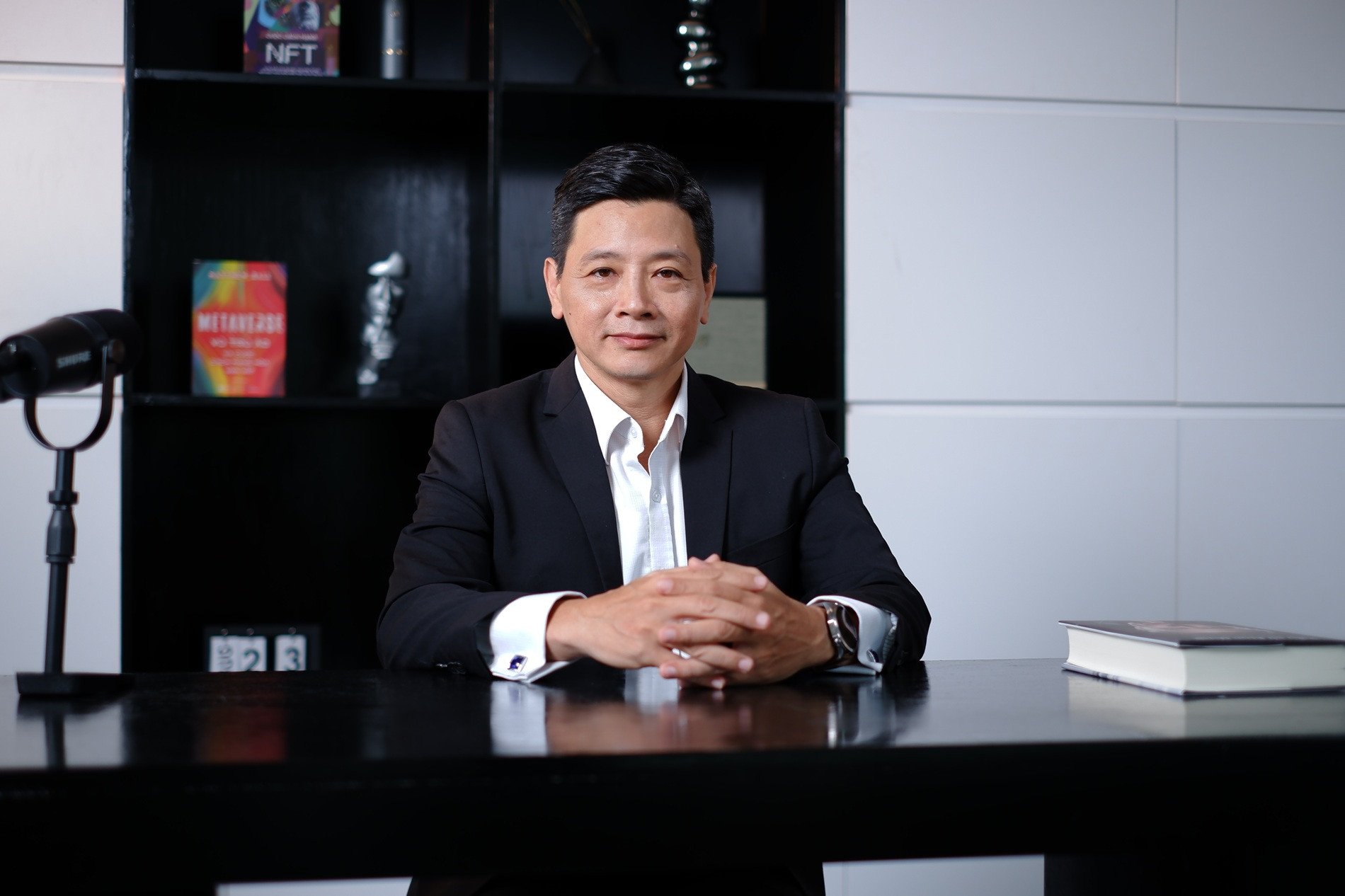
However, AI will not completely replace journalists, especially those who do investigative journalism, in-depth commentary, humane storytelling, or community connection. Journalism, in itself, is not just about writing – it is about seeing what others do not see, courageously asking what others are afraid to ask, and telling stories in a way that makes readers see themselves in it. AI is good at summarizing and interpreting language, but it does not know empathy, does not have moral intuition, and does not know how to grieve when witnessing an unjust society.
According to experts, how will journalists in the AI era change compared to today?
I believe that a new class of journalists will emerge who are not only good at writing, but also proficient in data, understand how to work with AI, have critical thinking, and above all, maintain a “moral compass” in the information matrix. Newsrooms that know how to apply AI wisely will shift from “reporting” to “clarifying the nature of events”, from “mass production” to “personalized storytelling”.
The bigger question is not “Who will replace whom?”, but who knows how to cooperate with AI to do better journalism? No matter how magical technology is, it is still a means. Once the means become more powerful, the ethics of writers must be more steadfast.
Journalists must not only report the news but also act as "ethical filters"
With AI being deeply integrated into the journalism production process, what potential risks will arise when relying on AI, sir?
In my opinion, there are three main risks:
First, the risk of misinformation and disinformation. AI can create slick news stories from data, but it can also project information that seems real but is completely fictional (hallucination). Without rigorous verification processes and human oversight, AI itself can become a source of unwitting misinformation.
Second, losing the voice and identity of the article. An article is not only a collection of information but also the writer's perspective on life, the way the editorial office chooses its approach. If the press abuses AI for mass production, we will gradually lose the most precious things: a unique voice, real emotions, and empathy - things that only humans can have through life experience. The press then will no longer be a flame that illuminates public opinion, but just a stereotypical LED light.
Third, the ethical crisis in the implementation process. I have noticed that Vietnamese journalists are very responsive to technology, but are not fully equipped to deal with its dark side. If AI is like a self-driving car, journalistic ethics is the braking system, not to stop, but to avoid skidding off the road.
Sir, how do you think AI is changing the nature of information and the way the public accesses information?
In the past, information was something we looked for. Now, with AI and personalized algorithms, information has become something that comes to us. This is changing the core nature of information: from a general flow of public opinion, it is increasingly being broken into small streams, “information bubbles”, where each person only sees what they want to believe, reads what they are used to reading. AI has become the “new gatekeeper”. Algorithms play this role, not journalists, not newsrooms.
This shift is twofold. On the one hand, AI helps get information to the right people, at the right time, when they need it, but on the other hand, it risks trapping the public in an echo chamber, undermining the ability to debate and accept opposing views, which is the soul of an information democracy.
When AI becomes the "gatekeeper" of information, what additional tasks do you think journalists will have in the AI era?
I think that journalists not only report news but also have to act as an "ethical filter", not chasing views but having the courage to present different, verifiable, and humane perspectives.
AI is changing the form and trajectory of information, from how it is produced, distributed, to how it is trusted. In a world filled with noise, the role of honest journalism as a guide has never been more important.
Thank you for this conversation!
Source: https://vietnamnet.vn/chua-bao-gio-vai-tro-dan-duong-cua-bao-chi-chan-chinh-can-thiet-den-the-2413487.html



![[Photo] 60th Anniversary of the Founding of the Vietnam Association of Photographic Artists](/_next/image?url=https%3A%2F%2Fvphoto.vietnam.vn%2Fthumb%2F1200x675%2Fvietnam%2Fresource%2FIMAGE%2F2025%2F12%2F05%2F1764935864512_a1-bnd-0841-9740-jpg.webp&w=3840&q=75)


![[Photo] Cat Ba - Green island paradise](/_next/image?url=https%3A%2F%2Fvphoto.vietnam.vn%2Fthumb%2F1200x675%2Fvietnam%2Fresource%2FIMAGE%2F2025%2F12%2F04%2F1764821844074_ndo_br_1-dcbthienduongxanh638-jpg.webp&w=3840&q=75)

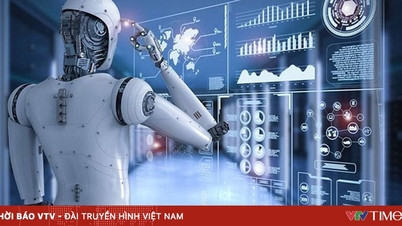

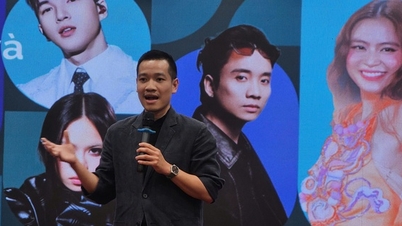

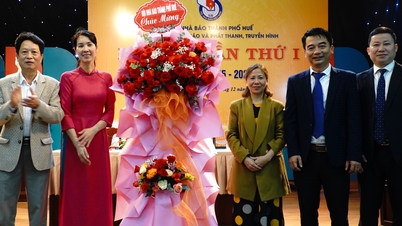

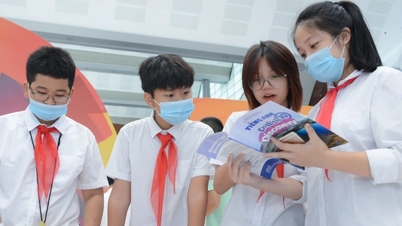

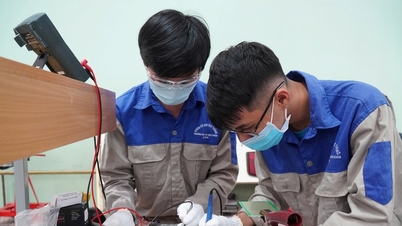



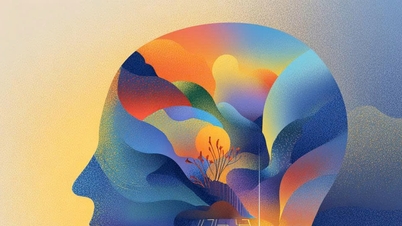
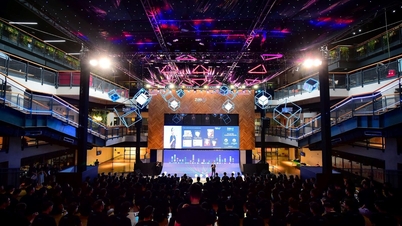

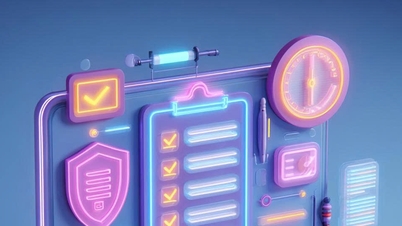
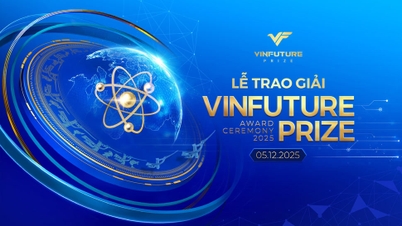

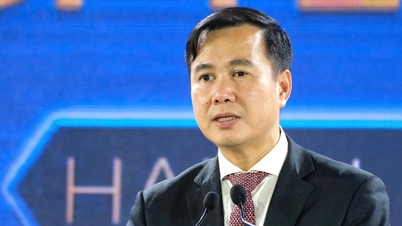





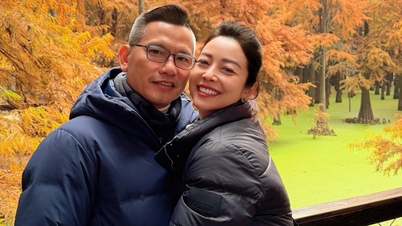
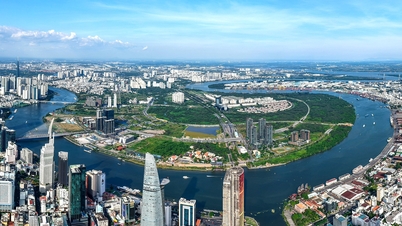

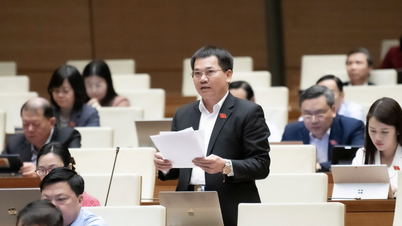
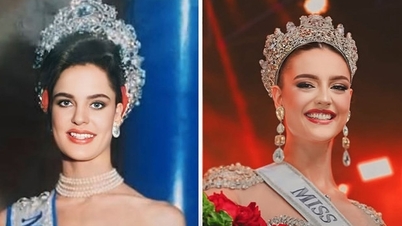

















































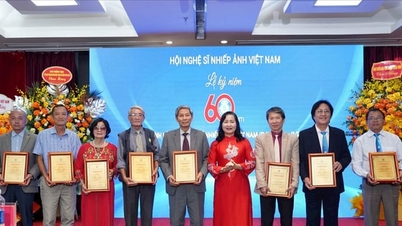



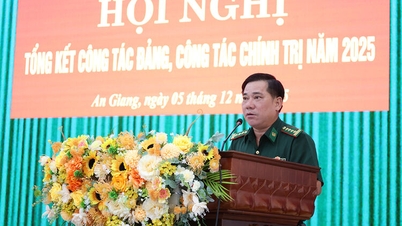





















Comment (0)